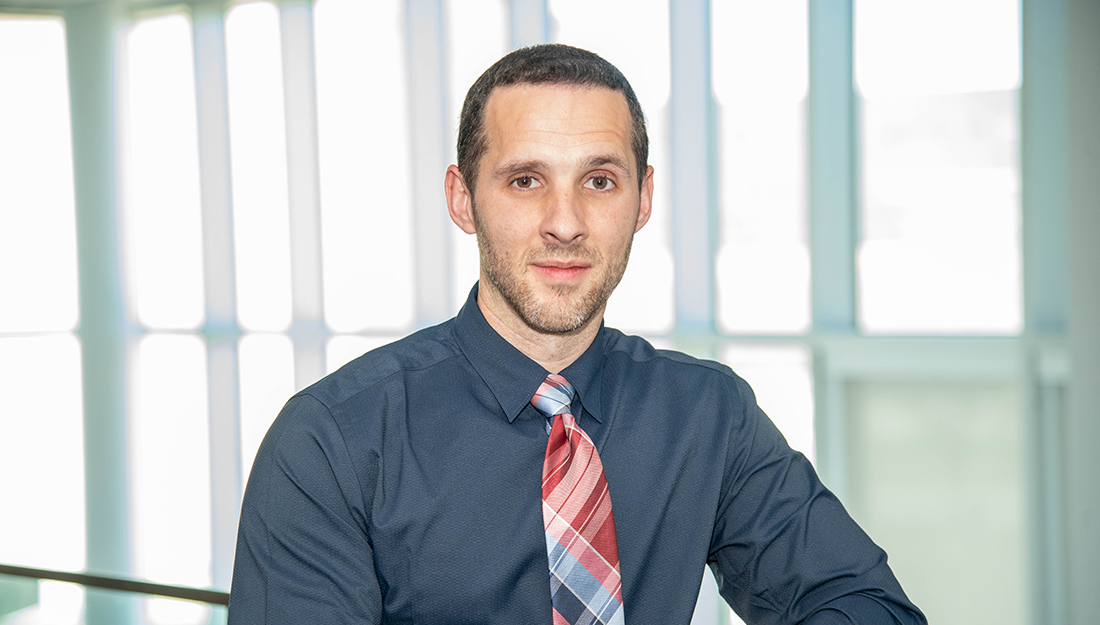Regents professor & colleagues study crimes with convictions for CHL holders and non-holders


Regents Professor Charles Phillips, Ph.D., M.P.H., and his colleagues at the Texas A&M Health Science Center (TAMHSC) School of Rural Public Health recently conducted a study of the differences in the types of crimes for which holders of a concealed handgun license (CHL) were convicted and the types of crimes for which non-licensees were convicted.
Already online, the article will appear in the January issue of the American Journal of Public Health (AJPH).
“When Concealed Handgun Licensees Break Bad: Criminal Convictions of Concealed Handgun Licensees in Texas, 2001-2009,” resulted from analysis of criminal convictions data from the Texas Department of Public Safety. This study focused on the types of felonies for which the two populations were convicted.
The authors concluded that although CHL holders are much less likely than non-licensees to be convicted of crimes, the crimes for which CHL holders are convicted are more likely to involve violations of firearms regulations, threats of firearm violence or death.
“Our findings indicate that the safe hands into which states put concealed handguns may not be as safe as one would hope,” Dr. Phillips said. “Expanding the settings in which concealed carry is permitted may increase the risk of specific types of crimes in those settings. These increased risks may be relatively small; nonetheless, policymakers should consider these risks when contemplating reducing the scope of gun-free zones.”
Co-contributors to the study from the TAMHSC-School of Rural Public Health included Darcy Moudouni, Ph.D., assistant professor, and health policy and management doctoral students Obioma Nwaiwu, Rachel Edwards and Szu-hsuan Lin.
Media contact: media@tamu.edu


